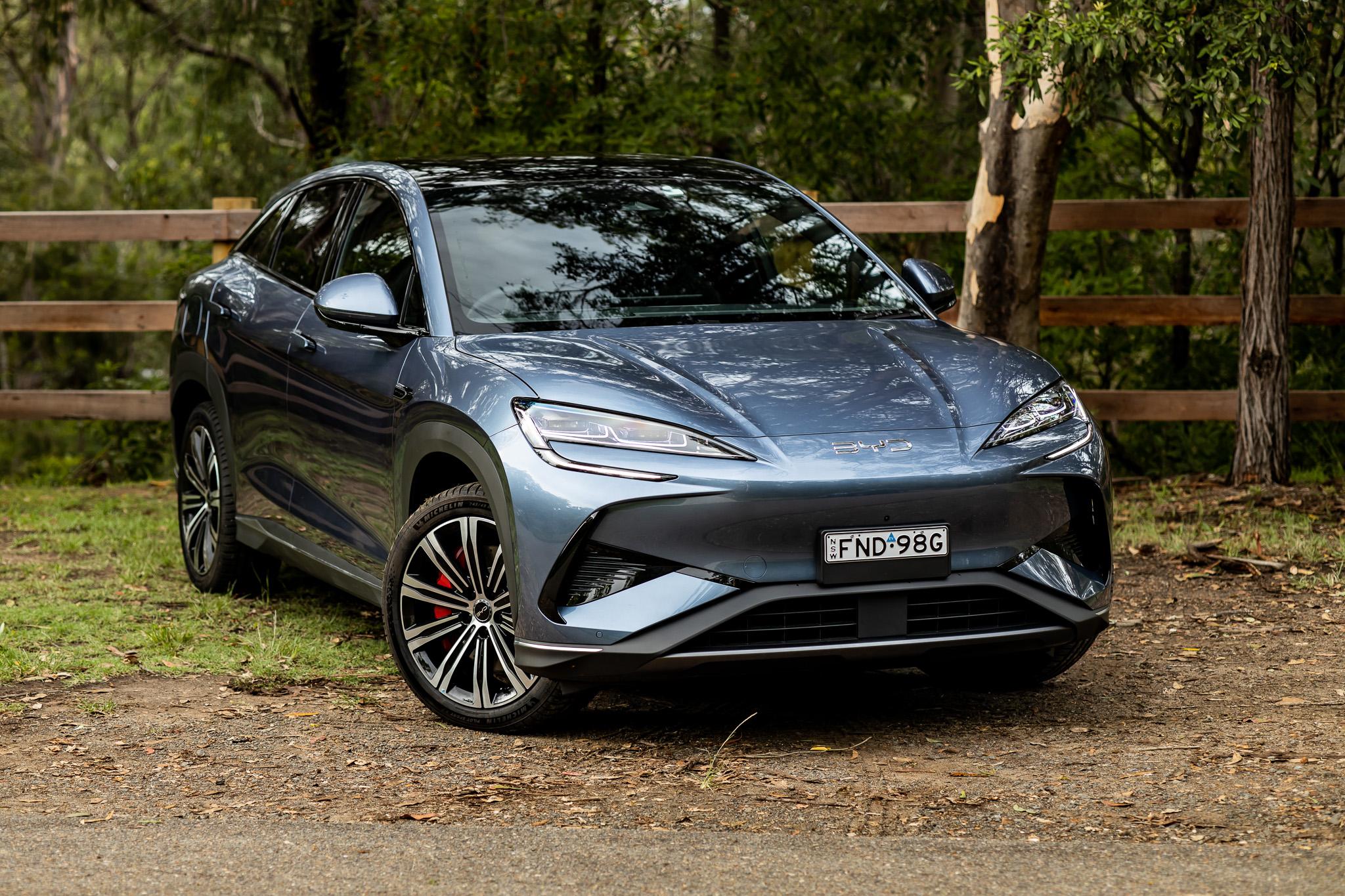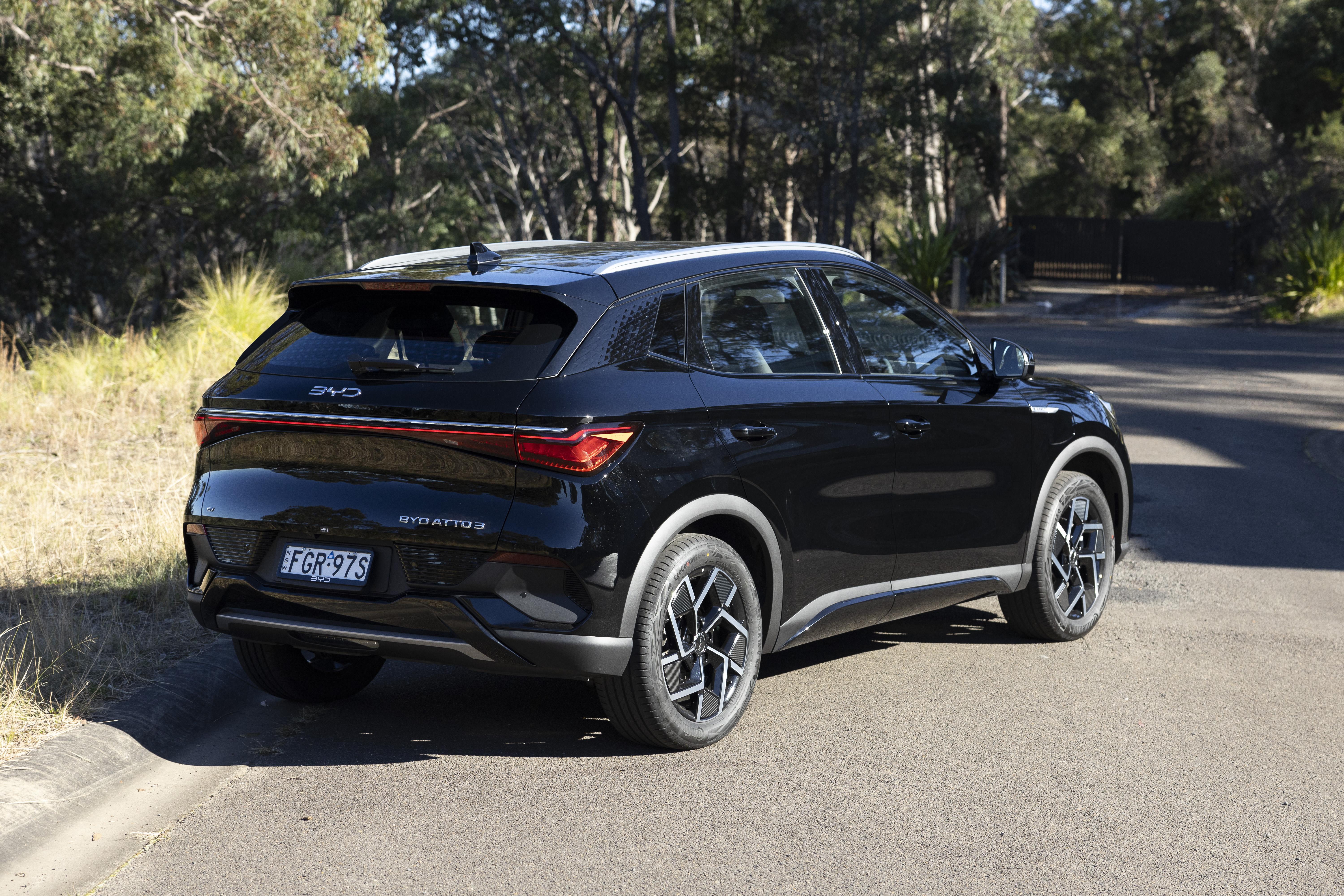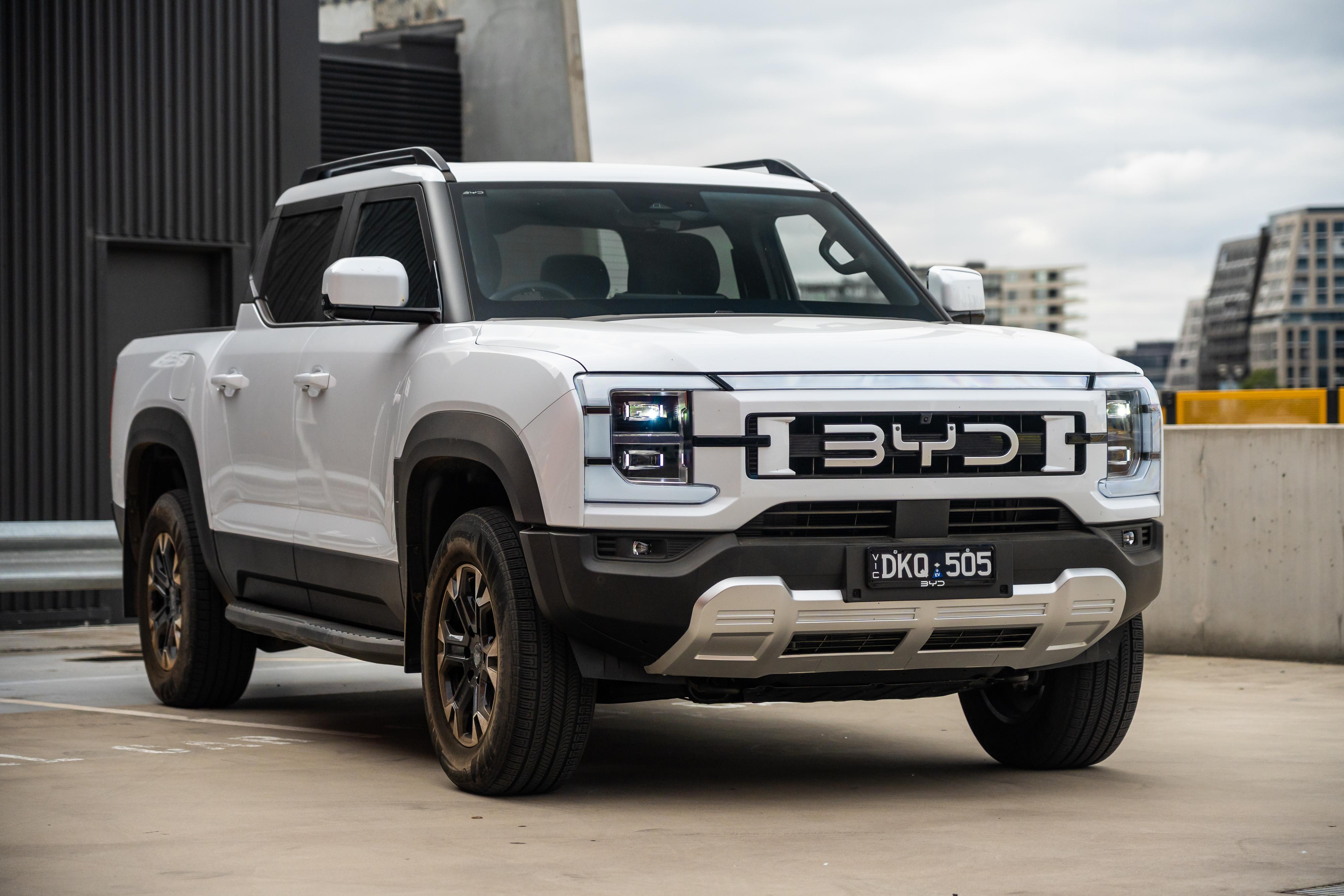BYD sales continue to boom in Australia, but the Chinese auto brand is importing significantly more vehicles than it’s selling, allowing it to take advantage of a loophole in the federal government’s new emissions regulations.
The Australian Financial Review reports BYD’s inventories are significantly larger than those of not only Toyota and Ford, but also fellow Chinese brands like GWM and MG, as the company takes advantage of the credit scheme under the New Vehicle Efficiency Standard (NVES).
BYD has imported 50,918 vehicles this year to the end of September, per Register of Approved Vehicles data, but has sold 37,923 vehicles in the same period. In contrast, GWM imported 41,315 vehicles and sold 39,343, while MG imported 32,620 but sold 34,773.
As recently reported, BYD has been using unconventional places to store its unsold vehicles, including a temporarily closed water park south of Sydney in New South Wales.
CarExpert can save you thousands on a new car. Click here to get a great deal.

Automakers who beat their CO2 emissions targets receive credits not based on sales volume, but rather on how many vehicles they import.
They earn a credit per each gram of carbon dioxide below their CO2 limit, and these credits can be sold to other automakers who are in danger of exceeding their own limits – something that results in fines of $100 per gram of CO2, with the limits getting stricter every year between 2025 and 2029.
Companies like BYD, which sells only electric vehicles (EVs) and plug-in hybrids (PHEVs), are unlikely to exceed their CO2 targets, which allows them to rack up credits.
BYD’s import strategy, therefore, allows it to earn significant revenue by selling CO2 credits. Per the AFR’s calculations and based on 2025 emissions targets, it could earn $7050 in credits on each electric Sealion 7 it imports should it sell each of its credits for $50.

A spokesperson for Transport Minister Catherine King told the AFR that a credit-at-point-of-sales system for compliance would have been too complex to implement ahead of the introduction of the NVES on January 1 this year and its penalties on July 1.
The government, however, will reportedly consider moving compliance with the NVES to the point of sale as part of a review of the emissions regulations in 2026.
This will also address concerns from dealers that they’re being burdened with excess stock.
“The effectiveness of the NVES scheme in achieving carbon abatement is one of the key legislated objectives of the NVES Act,” the spokesperson said. “As such, the government would treat any attempt by manufacturers to intentionally subvert its operation seriously.”

BYD says it’s simply catering to anticipated strong demand for its products.
“Thanks to careful planning and a robust supply chain, BYD has built its vehicle inventory to accommodate the further rapid growth forecast for 2026,” the company told the AFR. “This will ensure Australian customers can continue to drive away in their new BYD vehicles as quickly as possible.”
BYD sales are up a whopping 149.8 per cent year-to-date, fuelled by recently introduced products like the Sealion 7 mid-size electric SUV and Shark 6 plug-in hybrid ute.
Only Chery – which has also been found to be storing vehicles in unconventional locations – has a greater YTD sales growth figure, with its sales up 220 per cent compared with January-September 2024.
MORE: Stockpiled BYD cars declared illegal as council rejects application
MORE: Explore the BYD showroom

